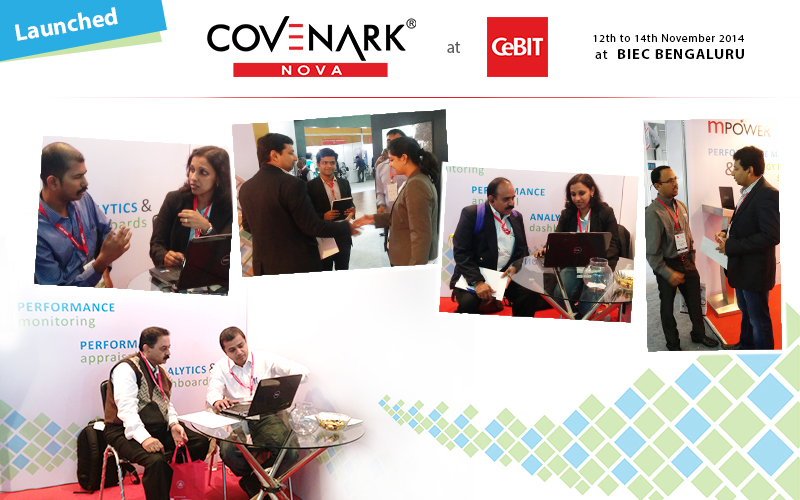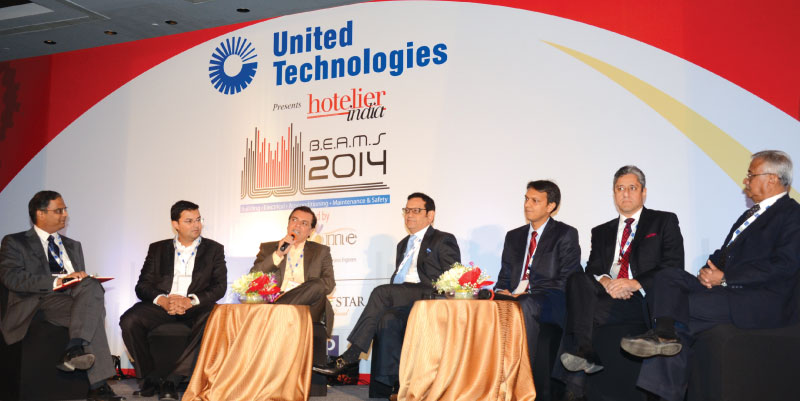
Sudhir Nagpal, joint MD, Piem Hotels, makes a point during the CEO panel discussion on best practices.
Date: 27th September, 2014
Venue: Sahara Star Hotel, Mumbai
Hotelier India, a leading business publication for the Indian hospitality industry, organised and hosted BEAMS 2014 (Building, Electricals, Air-conditioning, Maintenance and Safety) in association with AWESOME (Academics with Excellence, Spectrum of Maintenance Engineers) and presented by UTC.
The event brought together CEOs, directors of engineering (DOEs), project heads, purchase heads and consultants, and provided a platform for discussion and debate, drawing participation from across the country.
Mr. Nagpal was invited as a guest speaker to share his expertise and the event was expertly moderated by him as Jt. MD, PIEM Hotels Ltd., along with PR Srinivas, director, hospitality, at Cushman & Wakefield, the first panel for this discussion comprised PK Mohankumar,
MD & CEO, Roots Cor-poration, Satyen Jain, CEO, Pride Hotels, Sanjay Sethi, MD & CEO, Berggruen Hotels, PN Basu, COO, Aspa Watermelon and Gaurang Pandya, MD, Carrier India.
Sethi said especially mid-market hotels need to ensure they are built efficiently not just from a capex but also from an operational viewpoint. Citing an example, Jain added the industry should take a relook at basic design. "Sometimes, if we look at if a room has to be renovated in four-five years, why do we put so much into it when we are going to scrap it shortly? Trends will change and people will redo again. So why should we overspend? If we look at things like bathrooms, for instance, which it's not possible to renovate in five years, it makes sense to spend money there and make it last longer. So that kind of reallocation of budget is required and that will increase the guest satisfaction," Jain pointed out.
In conclusion, Pandya said most buildings (95% of the time) do not operate as per their design. "That's not because the engineers are not good, but because the building is a moving, breathing entity. You have differing occupancies, off-periods and peak-periods, and you've got to understand this is where information technology has to come in. If I don't know how much energy I am spending in the facility, I cannot control it." Nagpal concurred, saying while a piece of IT equipment would last for 15 years, "what will change is the information part of it. What we are getting from the machine and how we can use that to improve and make our functions better will be important."
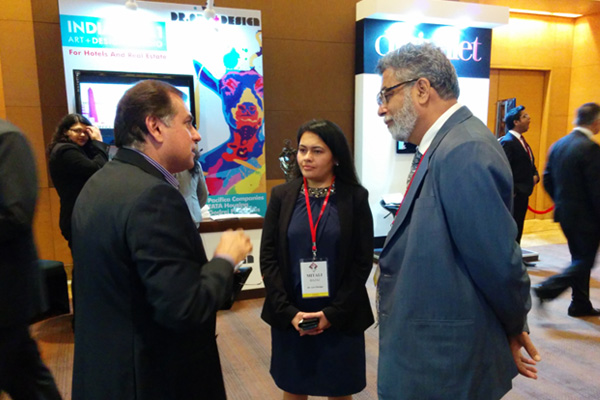
Date: 2 & 3 April, 2014
Venue: Grand Hyatt, Mumbai
The 10th Hotel Investment Conference - South Asia (HICSA) conceived by HVS India was held to discuss several facets and matters related to the hospitality industry. mPOWERASIA was the Gold sponsor at the event. The pre-event session in the morning consisted of all renowned hotel owners where our Managing Director and Joint Managing Director of PIEM Hotels, Mr. Sudhir Nagpal was also present. The hot topic of discussion included 'Focus on Management Contract'. Moderator, 'Manav Thadani' - MRICS, Chairman - Asia Pacific, HVS, spoke on various aspects and facts of the Hospitality industry like 'Focus on Sustainability' - which is a key issue in today's scenario; 'Professional skill development' - where the focus has to be providing adequate training to the staffs at all levels, because on one side of the coin there is increase in the room counts whereas on the other side the industry is loosing out on skilled labour. 'Food and Beverage boom' - today big and local brands are coming up with competitive ranges. Also, in today's scenario a large count of population has the tendency to spend. As per the survey, an average Indian eats out 7 times in a month. 'Emphasis on Social Media' - today Facebook, Twitter, Youtube has become the fastest way of communication. 'Focus on Domestic Tourism By' - Improve connectivity, ease of license, talk about domestic tourism, single window policy and take the advantage of Railway network. 'Build Vs Buy' - which option is better in today's scenario. 'How to bring down UPA' - which means Under Performance Assets?
Another interesting discussion was on '10 Years Later - Then and Now' moderated by Manav Thadani -The panel included Raymond Bickson, Managing Director and CEO, Taj Group, Gaurav Bhushan, Chief Development Officer, APAC, Accor; Navjit Ahluwalia, Sr. Vice President Hotel Development - India and SubContinent, Marriott International who discussed that the domestic brands have become alert in the business today. In global industry the utility of 'social media' has increased which is resulting in growth and profitability. They also were of the views that market has opened up and it's the right time for investment in the product. Their outlook for the next 10 years: Population, Domestic Tourism, More Travellers and More Investment.
The next panel of discussion on the topic, 'Global Leaders - CEO Panel' moderator was Nakul Anand Executive Director, ITC Limited and Chairman, FAITH and the panellists were Gerald Lawless, President and Group CEO, Jumeriah Group; Richard Solomons, Chief Executive, InterContinental Hotels Group; Sebastien Bazin, Chairman and CEO, Accor who shared their views on the global challenges of the Hospitality sector. Another interesting topic shared, 'The Story Behind the Numbers' by speaker Achin Khanna, Managing Director Consulting and Valuation - SA, HVS emphasised the newspaper influence on the Hospitality industry. He also shared that though today the inventory counts have increased from 18000 to 27000 but still the news like Pokran Tests, Kargil War, and SARS epidemic which hit Asia and China have an impact on the human mind as well on the business growth. Next media topic shared was, 'Role of Social media and Technology-Based Innovations' spoken by Rohit Verma, Ph.D., Professor Service Operations Management, School of Hotel Administration, Cornell University. He highlighted that in today's scenario social media is helping the hospitality industry in getting higher ratings.
In terms of measuring technology readiness various positive aspects was highlighted like Optimism, Innovativeness but the negative aspects were Insecurity and Discomfort in the industry. The session ended with a note that, 'The more things change the more the things remain the same".
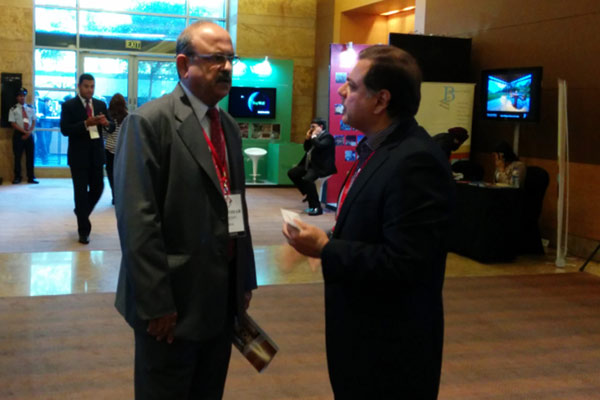
The session on "Key Challenges in Financing the Hospitality Sector" speaker Punit Malik, Group President Realty, Healthcare, Hospitality, Education and Infrastructure Corporate Finance, YES Bank, gave few tips and inputs on the financial aspect like continuously monitor debt and equity interest rates, Capital structure, Operations to be outsourced and re-financing for projects, as per RBI guidelines
Another panel of discussion on the topic 'Brands and Owners: Managing Expectations!' moderated by Kapil Chopar, President, The Oberoi Group. The panel included Dhruva Rathore, Vice President Development - SA, Hyatt Hotels Corporation; Paul Logan, Sr. Vice President Development - Africa and Middle East Asia, InterContinental Hotels Group; Ranjit Batra, President, Panchshil Realty, Rasesh B Kanakia, Chairman, Kanakia Spaces; Sumit Guha, Deputy Managing Director, Tata Realty and Infrastructure who spoke regarding the new era hotels opening up and the variations in the customer segments. Sumit Guha highlighted that gestation period in the hospitality industry depends upon the market conditions, demographic and the geography.
For the first time HICSA 'Lifetime Achievement Award' - 2014 was endowed to KB Kachru, Chairman - South Asia, Carlson Rezidor Hotel Group.
HICSA Hotels of the Year Awards - 2014 and HICSA Hotels of the Decade Awards were endowed to respective hotels. Finally the session ended with Cocktails hosted by Grand Hyatt Mumbai.
On 3rd April 2014 the session started with an interesting topic, 'Global Leaders Check-In' moderated by Achin Khanna. The panellists were Abid Butt, Chief Executive Officer, Banayan Tree Hotels and Resorts; Peter Meyer, Managing Director - APAC, Host Hotels and Resorts; Rajiv Kaul, President, The Leela Palaces, Hotels and Resorts; Simon Wan, Chief Executive Officer and MD, Staywell Hospitality Group who expressed that historically the focus was owned property but now in the current scenario the focus is on management contract. He also mentioned that India has lot of potential but there are few hiccups like construction getting delayed, unskilled staff etc. which is creating roadblocks in the development of hospitality sector in India. Rajiv Kaul also highlighted that the land costs have gone high from 20-30% of project cost to 50%. The Indian market attracts more of middle class community and foreign travellers. Peter Meyer also shared that coming elections would also decide the growth of the hospitality industry. The session ended with a very good note that; 'When you are walking through hell, keep Walking'.
Several other interesting topics were discussed like: 'Big Data: The Next Frontier for Innovation, Competition and Productivity'; 'How to Solve Development Woes!'; 'Management Contracts - The Eternal Debate (Group Discussion)'; 'Asian Space'; 'Is This the Best Time to Buy? Or is it Bye Bye?'; 'Debt: Equity - Where is the Money?'; 'Business of Leisure, Wellness and Luxury'; 'More Than a One night Stand (Extended Stay)'; 'Budget/ Economy - Formula for Success'; 'Hotels Owners 2.0'; 'Introducing New Brands in the Region'; 'Hot Seat for Owners'; 'Conversions - The next Wave' where Ashish Jakhanwala, Managing Director and CEO, SAMHI quoted that, Conversions is all about Adaptability.
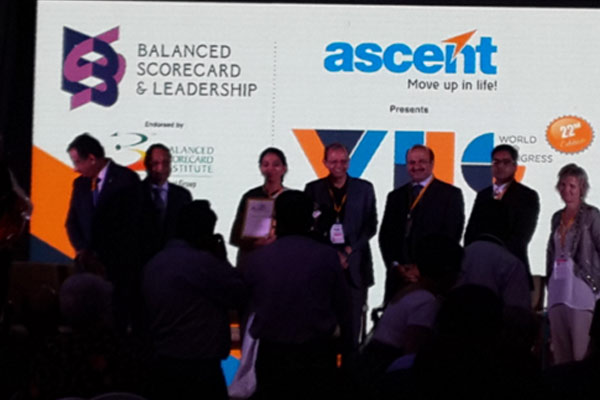
Date: 15, 16 & 17 February, 2014
Venue: Taj Land's End, Mumbai
The World HRD Congress was held on 15th, 16th and 17th February 2014 at Taj Lands End, Mumbai. The main motive was 'Mining Human Potential for Creating Great Organizations'. Interesting sessions were conducted for creating awareness on various aspects of today's business.
NANCY FORTNER, MANAGING DIRECTOR, FORTNER CONSULTING SDN BHD: "Communicating Balanced Scorecard Effectively" Nancy explained that one of the strengths of the balanced scorecard methodology is its ability to act as a communication tool to explain the critical objectives of the organization and show the employees how their work relates to the strategy, with effective communication strategies
AVINASH DESHPANDE, STRATEGY AND BUSINESS IMPROVEMENT MANAGER, MOWASALAT:
"Performing With Strategy: How To Get Your Scorecard To Deliver Results?"
Avinash stated that there are many well-written strategy documents, business plans and scorecards that have been either delivered by the consultants working with ones organization, or uploaded on the company's internal portal (intranet) or in the form of some document or PowerPoint presentations. However, the challenge with them is that they hardly get to see the light of implementation. Blaming it on the inability of the consultants to understand ones business and arguing about the contents or quality of the presentations should be avoided.
DAVID S COHEN, FOUNDER AND SENIOR CONSULTANT, STRATEGIC ACTION GROUP, LTD.:
"Creating Corporate Sustainability Through People"
David shared his expertise on: How to build a successful talent management framework unique to ones company, What makes a behavioral competency model work and why most do not work,What separates a company's external brand from its employee brand, Cautionary words on benchmarking, best practices and other misconceptions commonly associated with talent management, What makes India unique and why western 'best practices' may not be the right fix for India
STEPHEN LOWISZ, AUTHOR, EDUCATOR & SPEAKER:
"Creating Corporate Sustainability Through People"
Stephen in his presentation explained on how to build and maintain a strong and clear employer brand by utilizing the proper framework.
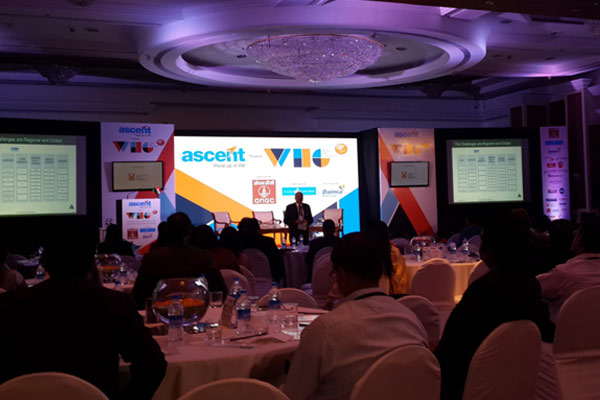
Alignment of strategy with employer branding is crucial for the way your organization is represented. Development of a clear employer branding strategy can help define what the organization wants to be associated with as an employer, what differentiates them from other employers, and how to deliver on promises as a company.
JULIE STARR, FOUNDER, STARR CONSULTING:
"Coaching In Everyday Conversations"
Julie believes that coaching is a much-needed response to many of the questions organizations face right now, like 'how do we truly engage people?' Or 'how do we encourage openness or empowerment?' As a style of influence it's now a key tool of leadership. As a way of raising individual's awareness and sense of responsibility, it's essential for the challenges ahead. Julie wrapped up her session by saying "Coaching is a quiet revolution and a revolution just the same'.
SHAKUN KHANNA, MANAGING CONSULTANT, IBM SMARTER WORKFORCE, IBM INDIA / SA
"Big Data Busts The Top Three Myths Of Employee Engagement & Leadership"
Shakun ideated that a lot of models for employee engagement have failed. The top most driver of employee engagement is recognition and the last is management. He concluded his speech by saying that engagement should be looked as a holistic effort.
Dr. HENRY YEOH, DEPUTY PRESIDENT, MALAYSIAN INSTITUTE OF HUMAN RESOURCE MANAGEMENT
"Employee Engagement - Key Success to Talent Management"
Transformation is a pivotal skill that is needed by many leaders and managers today to make a bigger impact on their organizations. Enlisting the workforce to embrace and foster forward progress is the desired outcome that should drive all employee engagement efforts. True transformation doesn't come from a one-time push, however. This type of change will only be sustained by creating a culture of transformation to achieve employee excellence and engagement for higher business productivity and profitability as an ongoing concern.
A brief synopsis of Henry's presentation: Difference between Job Engagement versus Job Satisfaction, Why engagement is critical to performance success, Cost of employee disengagement, Total rewards approach to employee engagement
